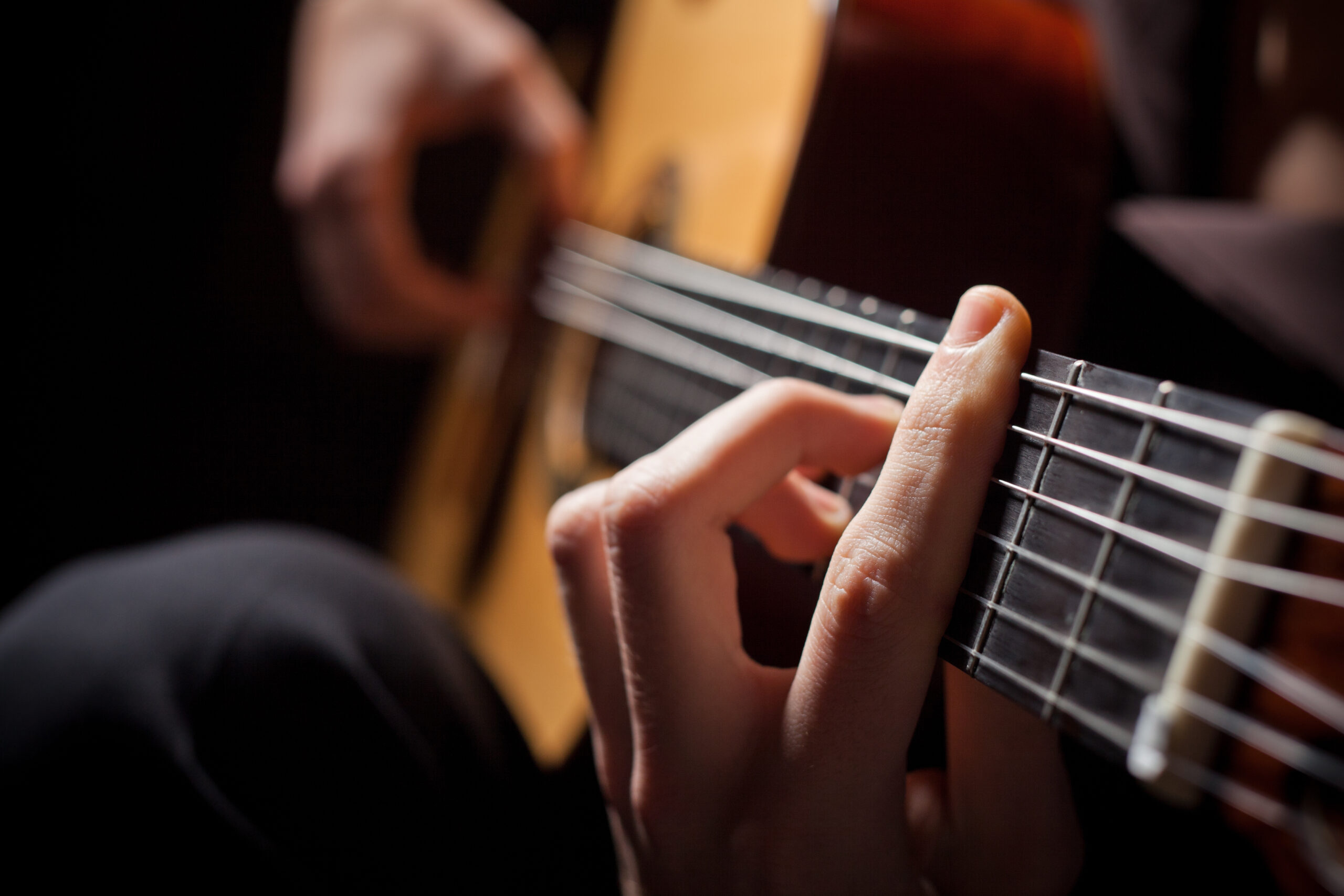A Place to Breathe
Working in the emergency room is a life of constant motion. There’s rarely a moment to catch your breath. The sounds, the tension, the flood of emotion—you carry it with you long after your shift ends. Some people think you get used to it over time, but I don’t think that’s true. You learn how to manage it, how to carry it differently, but the weight is always there.
For me, music has become the place where I go to breathe.
I’ve played guitar for years, long before I ever put on a white coat. Back then, it was just something I enjoyed. But over time, it’s become something more—a place of peace, reflection, and even healing. When the ER is all noise and adrenaline, the guitar is calm and rhythm. It helps me slow down after the madness, to let the day go in a way nothing else quite can.
The Shift That Never Really Ends
When I walk out of the hospital at the end of a long shift, there’s always a residue that lingers. Maybe it’s a tough case that didn’t go the way I hoped. Maybe it’s a grieving family or a young doctor I’m mentoring who’s had their first real taste of loss. Whatever it is, it doesn’t stay neatly in the ER when I clock out.
I’ve tried different ways to cope over the years—working out at the gym, reading, talking things through with friends and family. Those are all important. But when I sit down with my guitar, something different happens. It’s like the day starts to make more sense. I don’t have to explain anything to anyone. I just play, and in the playing, I begin to feel grounded again.
The strings don’t ask questions. They just offer space. And in that space, I find peace.
A Soundtrack to Life
People sometimes ask what kind of music I play, and the truth is—it depends on the day. Sometimes it’s bluesy and raw, sometimes it’s soft and reflective. Every song becomes a way to process something I didn’t have words for earlier. There’s a quiet honesty in music. It lets you be human, even when the world around you demands something more clinical, more composed.
On especially hard days, I’ve found myself picking up the guitar and playing slowly, almost prayerfully. Not with any particular song in mind—just letting my fingers move and my thoughts settle. It’s in those moments I feel most like myself again. Not Dr. Endfinger, not the guy in scrubs making rapid-fire decisions, but just Chris. A husband, a dad, a follower of Christ, a man trying to do good work and stay whole in the process.
Medicine and Music: More Alike Than You’d Think
At first glance, music and medicine seem like very different worlds. One is art, the other science. But over the years, I’ve come to see how connected they really are. Both require listening. Both require practice. Both deal in rhythms—of breath, of speech, of life itself. And both, in their own way, are about healing.
Playing music makes me a better doctor. It reminds me to slow down, to really hear the people around me. In the ER, you can’t always fix what’s broken. But you can be present. You can be steady. Music trains that kind of attentiveness in a quiet, faithful way.
And I’ve seen how music can touch patients too. I remember one night, years ago, when a man came in anxious and panicked, waiting on lab results. We were talking, trying to calm him down, and he noticed a picture on my phone—me holding a guitar. He asked if I played, and suddenly we were talking about classic rock, about his teenage garage band days. That conversation brought him back to himself, even before the medicine kicked in. Music did what medicine alone couldn’t.
A Gift I Don’t Take for Granted
I don’t get to play every day, but I try to pick up the guitar a few times a week, especially after a particularly intense shift. It’s not about being good or sounding perfect. It’s about returning to something familiar and good. Something that reminds me I’m more than the job, more than the stress, more than the role I carry in the hospital.
In some ways, music is a kind of prayer for me. A way to lay things down without needing the right words. A way to connect with something deeper than the chaos of the day. I think God gives us all little anchors like that—things that hold us steady when the wind picks up. For me, one of those anchors has six strings and sits on a stand in the corner of my living room.
Still Learning the Notes
Just like medicine, music is something you never really master. There’s always more to learn, more to explore, more to feel. And that’s part of what keeps it meaningful. When I play guitar, I’m reminded that I don’t have to have all the answers. I just have to keep showing up. Keep playing. Keep listening.
So that’s what I do. I show up at work, I give all I have to my patients, and when I come home, I find a quiet space, pick up the guitar, and play the music between the madness.
It’s not just a hobby. It’s a lifeline.
